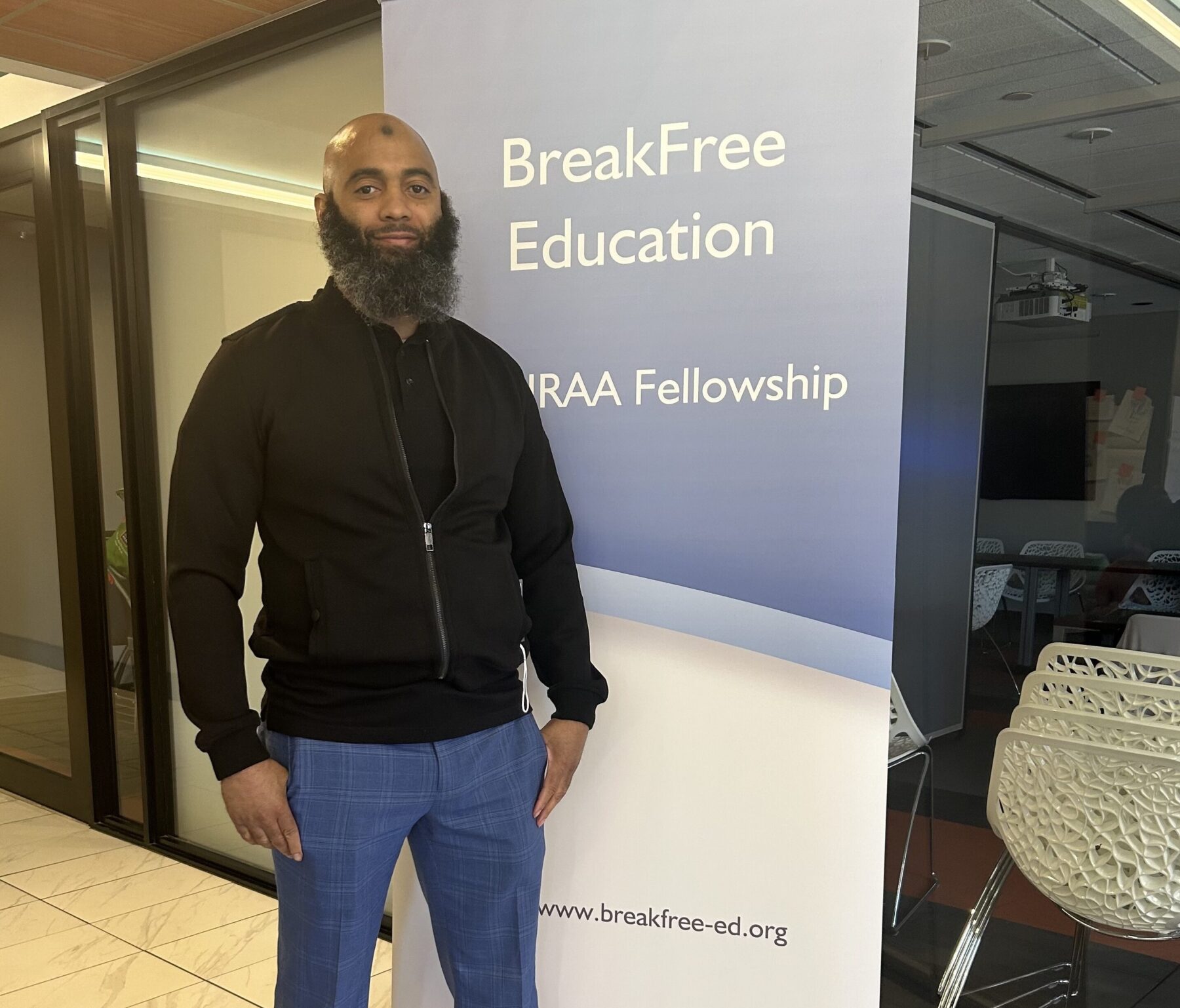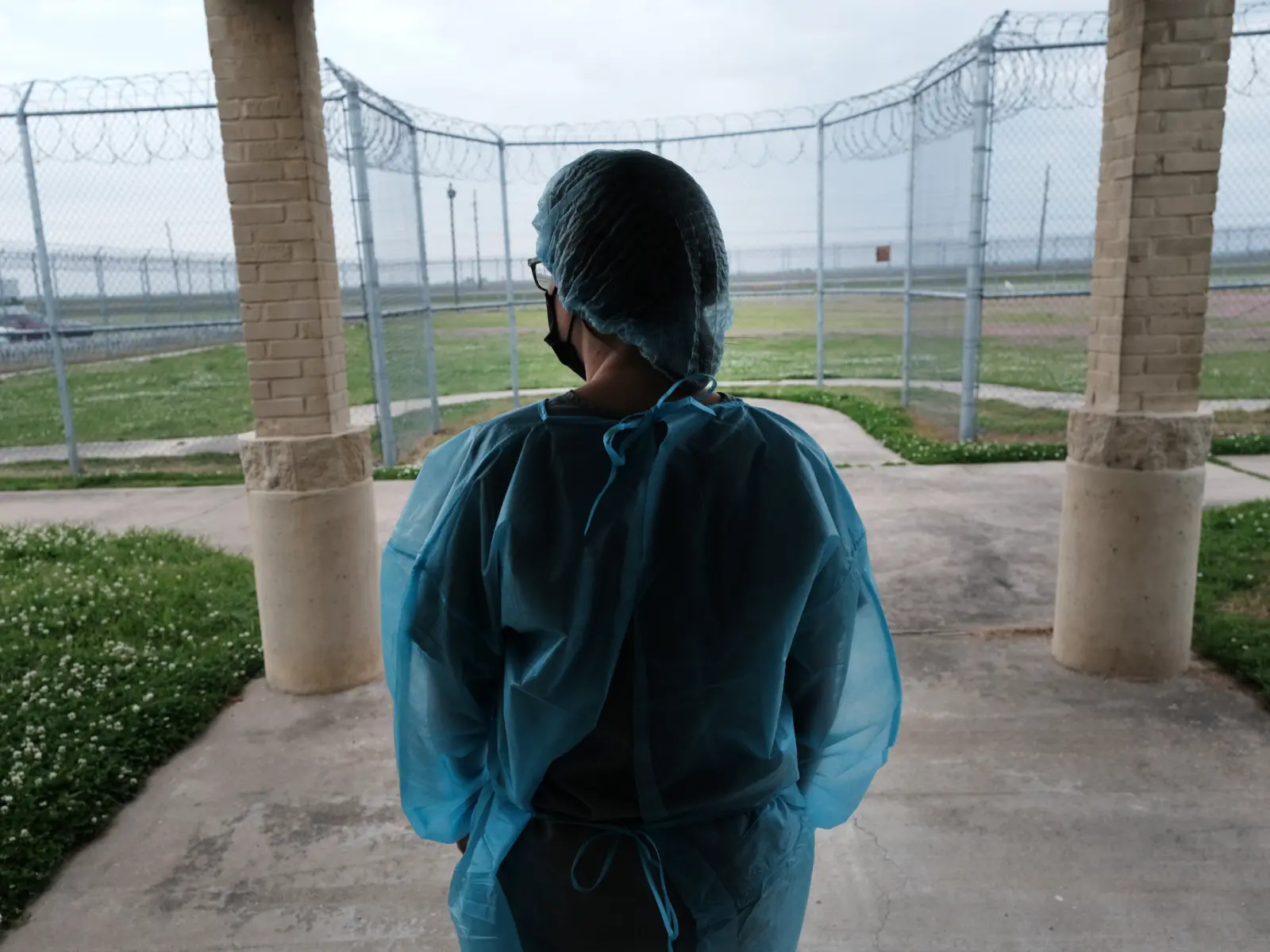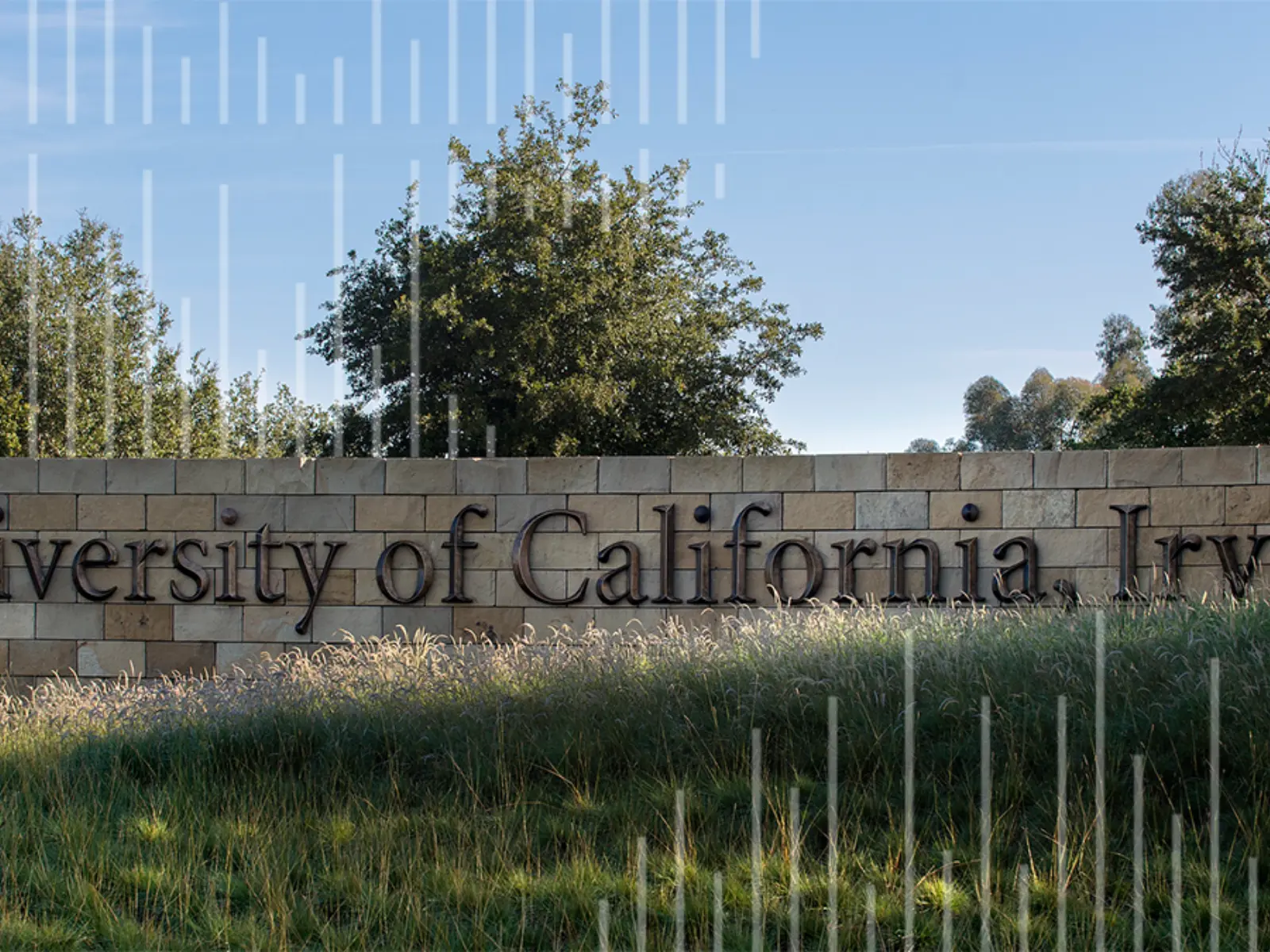Wayne Taylor was just 17 when he was sent to prison for 25 years. By the time he was released in March 2020, he was unfamiliar with his hometown of Washington, D.C. and much of the world around him. He’d never had a job as a free man and didn’t know how to use a smartphone or navigate a computer. “The only thing I could really do was search the internet for miscellaneous things like YouTube,” he remembers.
After working various jobs, and determined to make the most of his second chance, Taylor applied to the BreakFree Education Fellowship, a program that trains returning citizens who were incarcerated in their early teens and twenties and matches them with employers in the D.C. metropolitan area for 18 months. Since starting in 2021, Breakfree has sent 14 fellows to 12 host sites like the Second Look Project, Dreaming Out Loud Inc., and Civil Rights Corps.
Before helping fellows enter the workforce, the program provides a month of technical training in skills they otherwise might not have learned while incarcerated, such as sending emails, using databases, and logging onto Zoom calls. “Taking the training showed me and the other fellows there was so much we needed to learn,” says Taylor.
“I believe in second chances, I believe in redemption”
More than 600,000 people are released from federal and state prisons each year but roughly two-thirds are re-arrested within three years. Half are sent back to prison. Providing opportunities for returning citizens to learn vocational skills and helping them find jobs not only assists them and their families, but improves community safety and breaks generational cycles of poverty and incarceration. “They’ve gone through lots of trauma and they’ve made exceptional strides in order to win their freedom back,” says David Domenici, executive director of BreakFree. “They’re very serious minded. They want a job. They want to pay their bills. They want to buy Christmas presents for their nieces and nephews and grandkids or kids. And they want to give back.”
About halfway through the BreakFree training, Taylor met with potential employers and was matched with his first choice, Bread for the City, a nonprofit that provides food, clothes, healthcare, and legal and social services to low-income residents of Washington D.C. He’s now worked there for a year and was recently promoted from a job at the front desk to a role coordinating services between clients and partner organizations.
While Bread for the City had hired returning citizens before, Taylor was its first fellow from the BreakFree program. “I believe in second chances, I believe in redemption,” says Robyn Dudley, associate director for payee services and Taylor’s supervisor. “It’s always a breath of fresh air for our community to work with other community members with different lived experiences.”
“I think we definitely probably hit the jackpot”
Dudley saw the importance of having such experiences firsthand when Taylor worked at the reception desk. She remembers when a client came into the organization very upset. Usually, she would be called in to de-escalate those situations nonviolently. But by the time she reached the front desk. Taylor had already calmed him down. “He was able to connect with this man on a level none of us would have been able to connect,” says Dudley. In his new role, Taylor works directly with the same man. “This gentleman has pretty much changed his behavior because of his relationship with Wayne,” she says.
Jovana Kennedy, who was Taylor’s supervisor when he first arrived at Bread for the City, said his success has motivated her to look for another fellow through BreakFree to fill future roles. “I think we definitely probably hit the jackpot,” she says. “It’s huge for other organizations, other companies to just give people a chance.
For his part, Taylor is looking forward to continuing to work and build relationships with his newfound skills. “Before I started, you know, I was feeling almost like a caveman. I have grown tremendously since then. And I’m just so grateful to them for giving me that second opportunity. And I’m also grateful to BreakFree for taking the initiative, starting a program for people like myself,” he says.
“Talk about a life changing program”
Since starting the BreakFree program, all but one of the fellows have been offered full-time employment, said Domenici. “I think most of the just employers love working with them because they’re terrific employees,” he says. “They want to learn and grow, they’re reliable, and they’re fun to work with and be around.”
Randall McNeil became a BreakFree fellow for Arnold Ventures after he was released from prison in 2022 following 24 years of incarceration. At the conclusion his fellowship, AV hired Randall full time and he now works as a criminal justice policy analyst, contributing to proposal development, project management, strategy development, community outreach, and engagement efforts. “Talk about a life changing program,” says McNeil. “This program offers us the opportunity to get jobs where we normally wouldn’t even be able to get in the door. And our lived experience is needed in these types of jobs.”
Alexandra Bailey, senior campaign strategist at The Sentencing Project, calls BreakFree fellow Warren Allen a “dream employee.” During his more than two decades in prison, Allen became an education leader, starting his own program focused on helping fellow incarcerated people solve problems. At the Sentencing Project, he created his own project directly responding to the hundreds of impacted families that contact the organization each year.
Allen also enters all of the letters into a database so he can connect family members to The Sentencing Project’s work to end mass incarceration. “I would love to say that I manage him but quite frankly, I think I probably spend more time learning from him than anything else,” says Bailey.
The Sentencing Project hired Warren full-time after his first year, and he’s now been at the organization for three years. Bailey says other organizations should jump at the chance to become a BreakFree host site. “The fact of the matter is that the fellows don’t have the same normal work experiences as other hires that you would bring on, but they have a work ethic that you really can’t buy,” explains Bailey. “So, I understand that hiring a returning citizen seems like a really monumental thing to take on. But I find that if you just sort of extend a hand and friendship and guidance that you will find a lot of success with your fellow.”
Read our interview with Randall McNeil here.




















